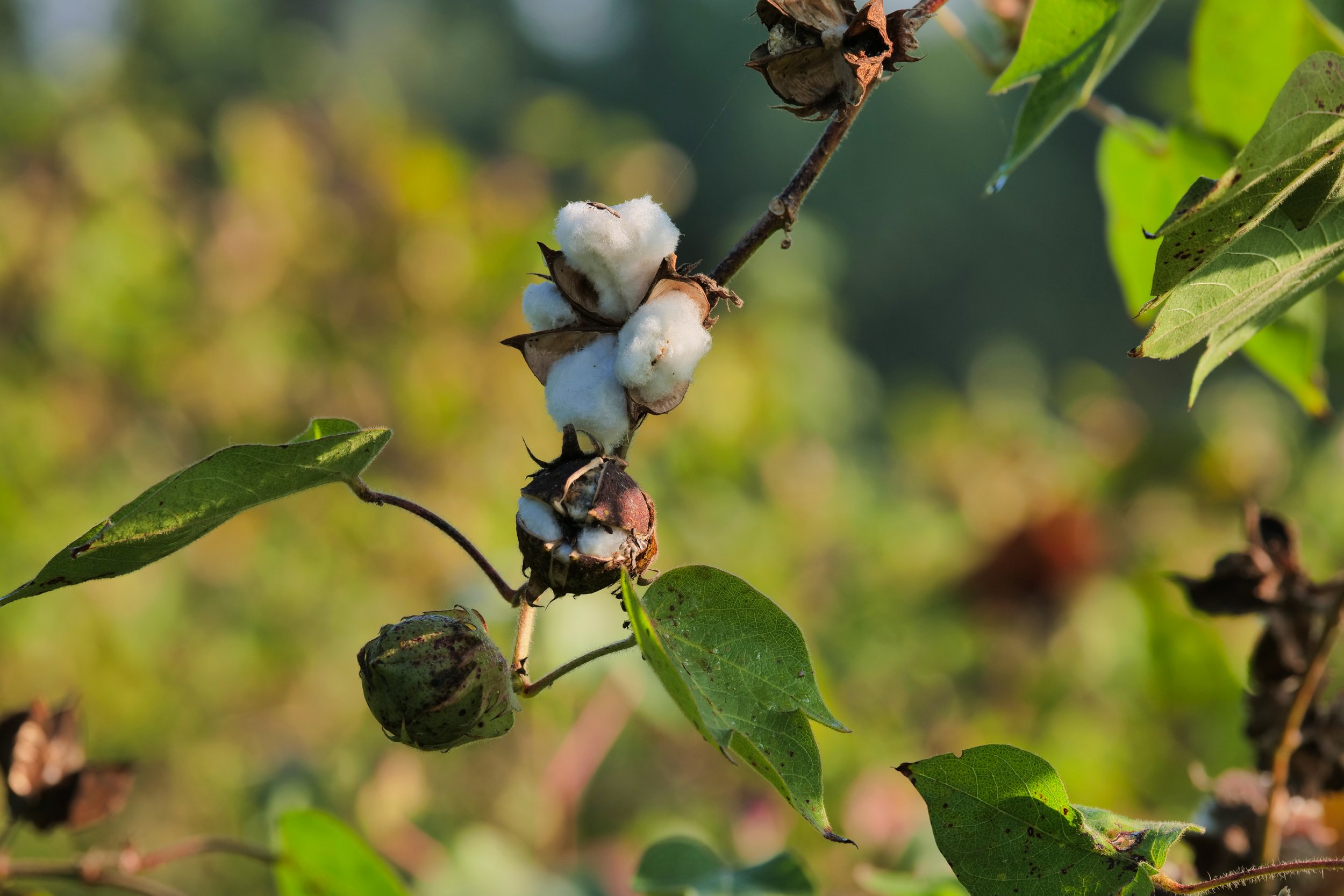Helping to inform Primark’s long-term ambition
Helping to inform Primark’s long-term ambition to ensure all the cotton in its supply chain is sourced sustainably and addressing some of the UN’s Sustainable Development Goals, while making a meaningful difference to women cotton farmers and their families.
“I used to take sole responsibility for the production and selling, but now we are both involved in this in a participatory approach. I am very proud of my wife. Without her, I would not be a very good farmer.”
– Fuljibhai, husband of smallholder participating in the programme, Khailashben Mukher Thakor.
“I am more outspoken as I realised I could help my family. With all the money we have saved, we have built a new house, bought a tractor, can pay for my child’s studies and we can afford to contribute to family marriages.”
– Khailashben Mukher Thakor, female smallholder participating in the programme.
“The results have exceeded all our expectations and I’m delighted that we’ll have the opportunity to reach a further 10,000 female farmers over the next six years.”
– Paul Lister, Head of Primark’s Ethical Trading Team.
Context
As a leading European retailer, Primark has a large and complex supply chain that contributes directly to the livelihoods of thousands of farmers and workers across three continents. While Primark buys no cotton direct from producers, as part of its sustainability strategy and aligning with the Sustainable Development Goals, Primark has set out a long-term ambition to ensure all the cotton in its supply chain is sustainably and responsibly sourced.
In many cotton-growing regions the women play an important but often unacknowledged role in production. There is a gender equality gap, and women smallholders are a minority group with little or no access to training. Engaging and empowering women farmers has proven to lead to more sustainable farming and thriving cotton communities.
Partnership with CottonConnect
CottonConnect has been working with Primark, and the Self-Employed Women’s Association (SEWA) since 2013 on Primark’s sustainable cotton training programme. The Primark Cotton Project (formerly the Primark Sustainable Cotton Programme), based on the REEL Cotton programme, trained 1,251 female cotton farmers in the Gujarat region in India in its first three years.
Since the outcomes of the Programme far exceeded expectations, in 2016 Primark decided to substantially scale up the initiative to train an additional 10,000 women farmers over the next six years.
They are also supporting CottonConnect’s Farmer Business School and Rights and Life Skills Education programmes, to build resilience and capacity within cotton growing communities.
For more information about CottonConnect’s work with Primark please see our 2016 report ‘Planting the Seed: A Journey to Gender Equality in the Cotton Industry‘. You can find out more about Primark’s Ethics here.
Outcomes and impact
Good for environment and society:
The farmers have seen lower fertiliser, pesticide and water usage, in year three they used 40% less fertiliser, 44% less pesticide and 10% less water when compared to the control farmers.
The training helped the smallholders to improve their livelihoods, with 6% higher yield and 247% higher profits in year three compared to the control farmers.
As cotton farming tends to support five people in each household, the benefit of this programme alone is thought to have reached over 26,000 people in rural India.
The programme has made the women both agriculturally and socially active. Their voices are now heard and respected, and they are now part of the decision-making process with their families and communities, which demonstrates a real cultural shift.
Good for business:
The programme provides Primark with valuable insights into the cotton supply chain, traceability and directly into the lives of the cotton farmers.
Primark has been recognised by the Business in the Community (BITC) Awards and edie Awards. The Chartered Institute of Procurement & Supply Management named Primark Cotton Project (formerly the Primark Sustainable Cotton Programme) as the Winner in its ‘Best Contribution to Corporate Responsibility’ category.
































